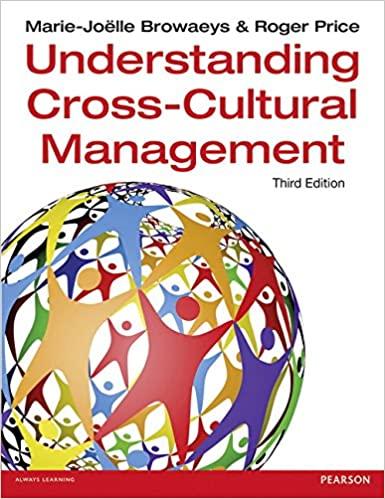A widespread inquiry into secret bank accounts and fictitious contracts across the European Commission has been launched.
Question:
A widespread inquiry into secret bank accounts and fictitious contracts across the European Commission has been launched.
There is fear that the ‘vast enterprise of looting’ that fraud investigators found at Eurostat, the Commission’s statistical arm, may exist elsewhere in the European Union’s executive. Although problems were identified at Eurostat by trade unions in 1997, by internal Commission audits in 1999 and 2000 and by Paul van Buitenen, a whistle-blower, in 2001, they were not taken seriously until newspaper reports surfaced in May 2003.
Neil Kinnock, EU administration commissioner, has since revealed the ‘relatively extensive practice’ at Eurostat until 1999 of setting up secret and illegal accounts, into which millions of euros are thought to have disappeared. The secret bank accounts at Eurostat were set up by Commission officials to hold money paid through inflated contracts to sub-contractors.
The commission has responded by initiating three disciplinary proceedings, suspending all directors and ordering an investigation into the work of some thirty heads of unit.
The modernization of the European public service continued to progress during 2003, in parallel to the work relating to the deepening of the antifraud reform of May 1999. In particular, the financial and administrative reform conceived in the White Paper of March 2000 on the internal reform of the Commission is being completed with the entry into force of the new Financial Regulation on 1 January 2003 which changes in particular the internal control system, and the decision of July 2003 on the Specialised Financial Irregularities Panel. As a result of the political agreement reached on 19 May 2003 in the Council and the opinion of the European Parliament of 19 June 2003, the Commission adopted an amended Proposal for the Staff Regulation. As from its entry into force on 1 May 2004, this staff reform will have a major impact on the managing practices of departments and will contribute in particular to the prevention of irregularities . . .
In response to the irregular practices detected at Eurostat, the Commission adopted complementary horizontal reinforcement measures: the September 1999 Code of conduct on the relations between the Commissioners and their services was revised in order to improve the information transmitted to Commissioners and to enable them to assume their political responsibility. To this end, a group of Commissioners including the President ensured that all the relevant information and/or allegations of fraud, irregularity and other reprehensible acts coming in particular from OLAF, IDOC and the Internal Audit Service are the subject of a rigorous follow-up. The group of commissioners is assisted by a high-level interdepartmental group.
Questions
1. How would you describe the effect that the whistle-blower’s actions had on the European Commission?
2. In what way do you think the ‘culture’ of Eurostat might have been changed as a result of the actions?
Step by Step Answer:

Understanding Cross Cultural Management
ISBN: 9781292015897
3rd Edition
Authors: Marie Joelle Browaeys, Roger Price





